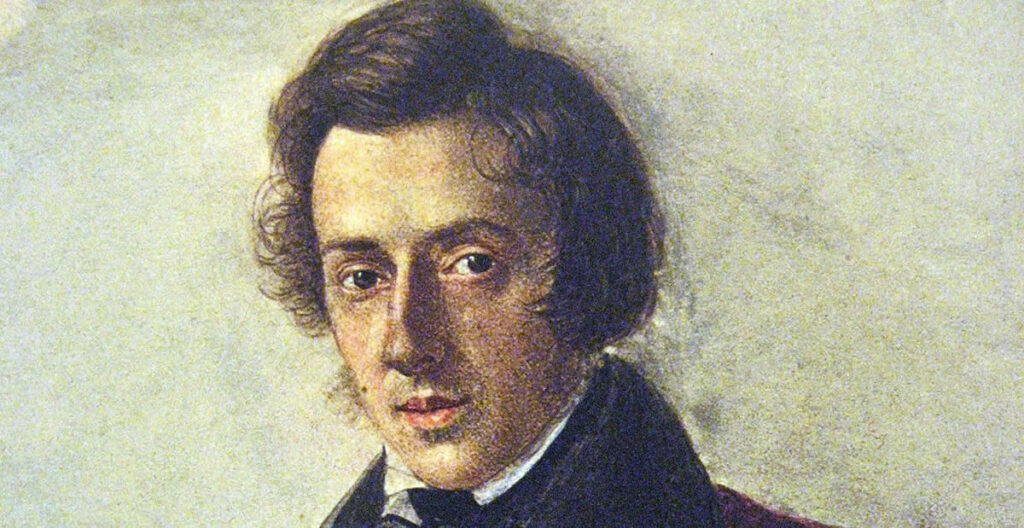
The Story Behind Chopin’s Nocturnes
Frédéric Chopin, one of the most celebrated composers of the Romantic era, is renowned for his emotionally rich and technically brilliant piano compositions. Among his[…]
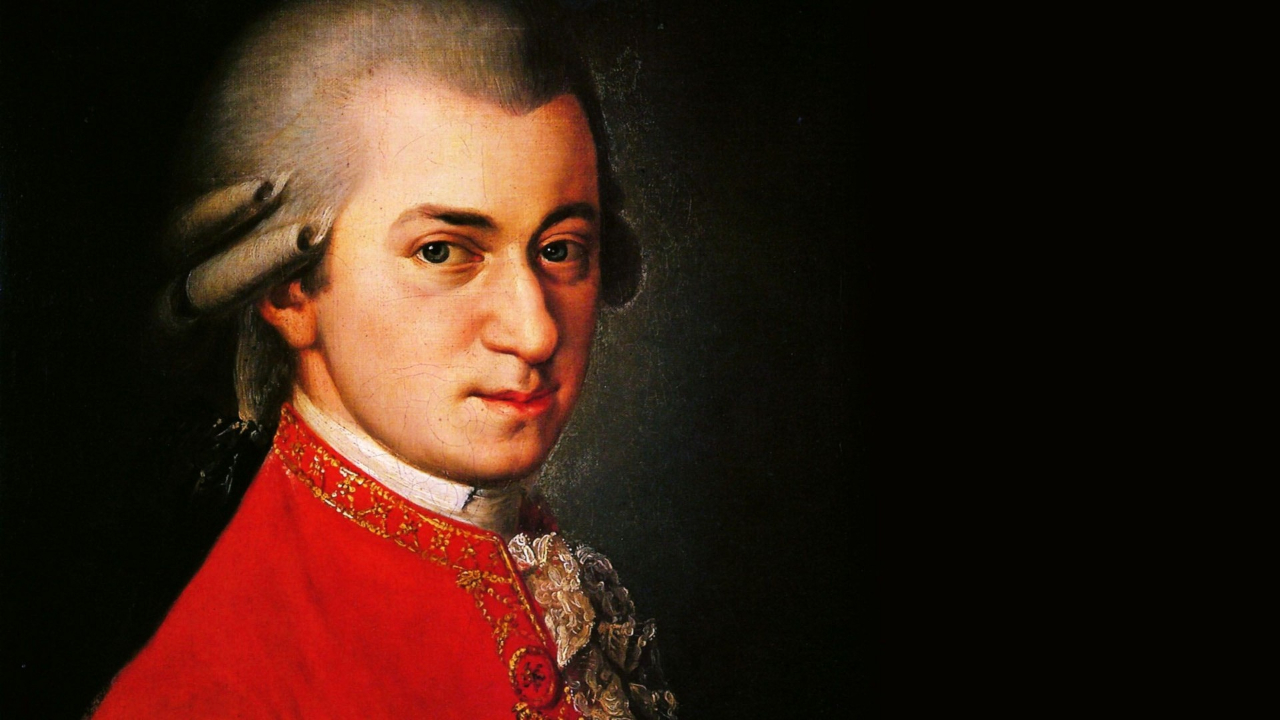
The Story Behind Mozart’s The Marriage of Figaro
Wolfgang Amadeus Mozart’s The Marriage of Figaro (Le Nozze di Figaro) is one of the most celebrated operas in the history of classical music. First[…]
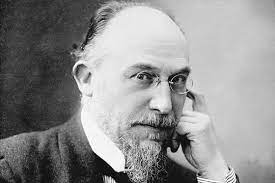
5 Fascinating Facts about Erik Satie
Erik Satie, a French composer and pianist, remains one of the most eccentric and influential figures in the history of classical music. Known for his[…]
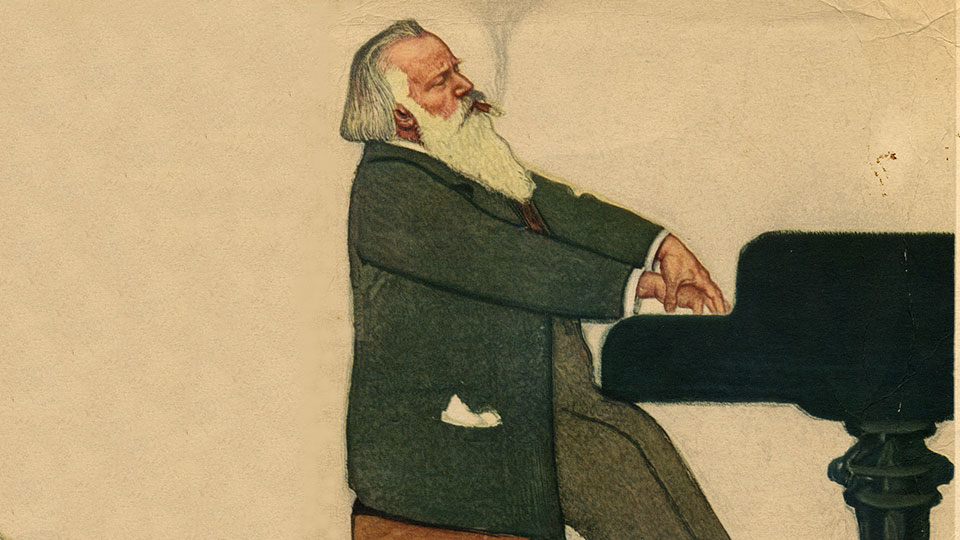
The Story Behind Brahms’s Hungarian Dance
Johannes Brahms, one of the most prominent figures in Romantic music, is celebrated for his emotionally rich compositions, among which the Hungarian Dances stand as[…]

The Story Behind Beethoven’s Sonata No. 7
Ludwig van Beethoven, one of the most influential composers in the history of classical music, composed his Piano Sonata No. 7 in D Major, Op.[…]
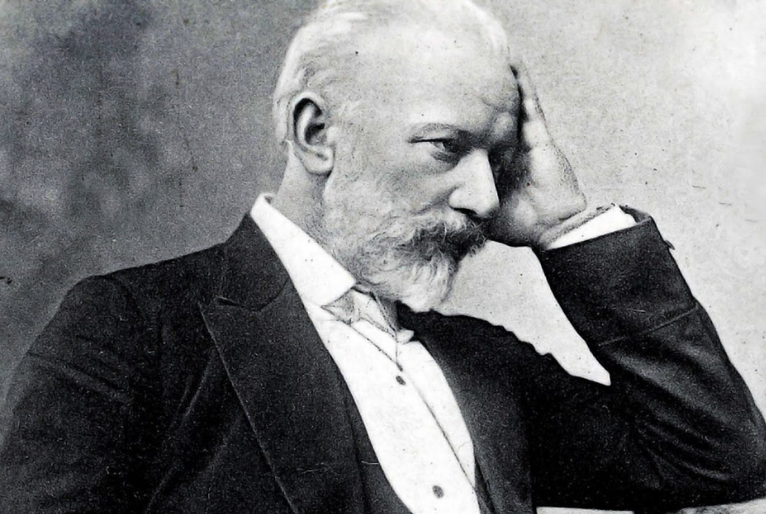
The Story Behind Tchaikovsky’s Swan Lake
Swan Lake, one of the most famous and beloved ballets, is a masterful work by the celebrated Russian composer Pyotr Ilyich Tchaikovsky. First performed in[…]
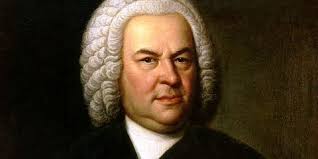
The Story Behind Bach’s Toccata and Fugue
Johann Sebastian Bach’s Toccata and Fugue in D minor, BWV 565 is one of the most iconic and widely recognized pieces of classical organ music.[…]

The Story Behind Tchaikovsky’s The Nutcracker
The Nutcracker is one of the most beloved ballets in the world, enchanting audiences of all ages with its magical story and beautiful music. Composed[…]
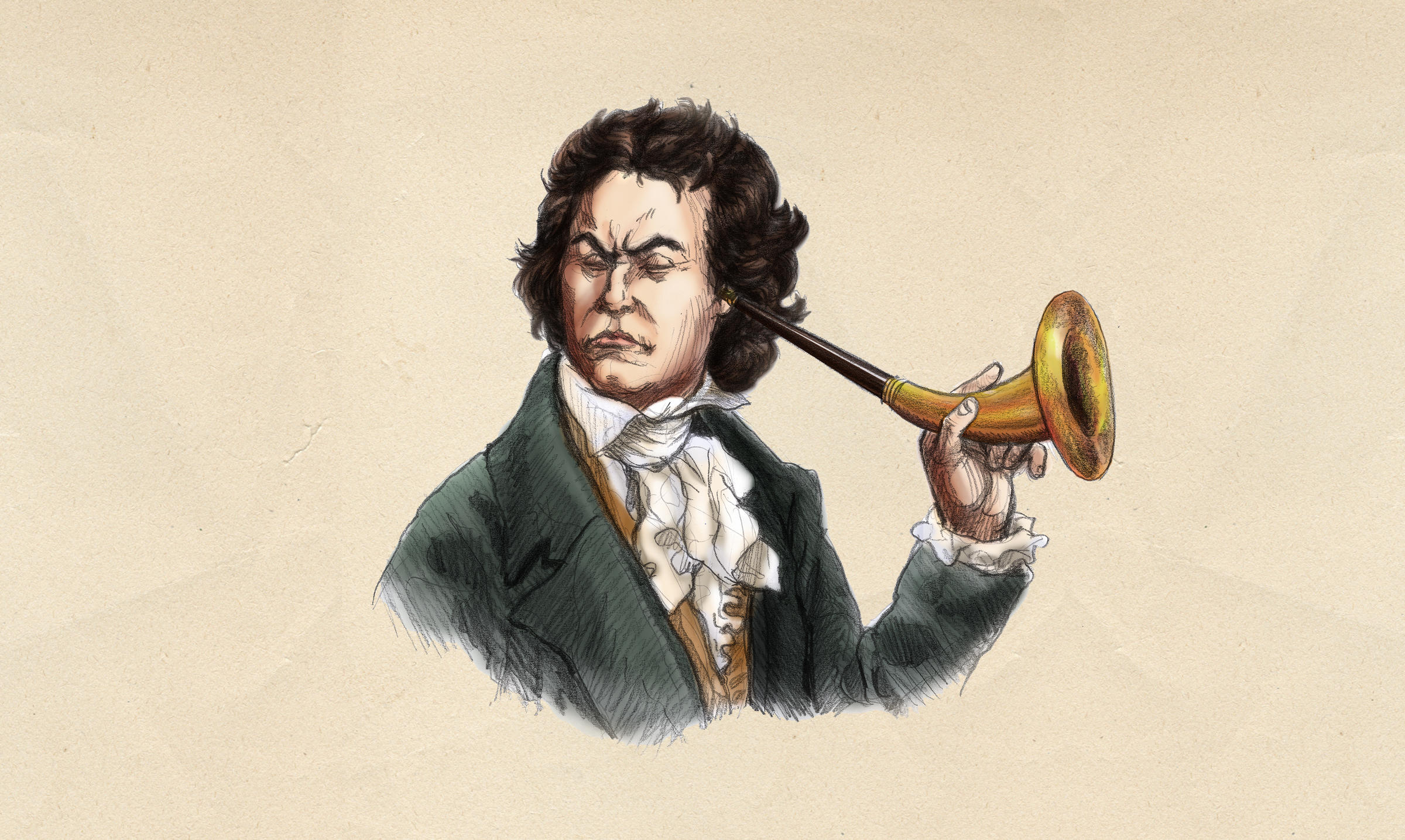
The Story Behind Beethoven’s Symphony No. 5
Ludwig van Beethoven’s Symphony No. 5 in C Minor, Op. 67, is one of the most iconic and celebrated compositions in Western classical music. Known[…]

The Story Behind Beethoven’s Bagatelle
When one thinks of Ludwig van Beethoven, grand symphonies and powerful sonatas often come to mind. But this remarkable composer also created a piece that,[…]